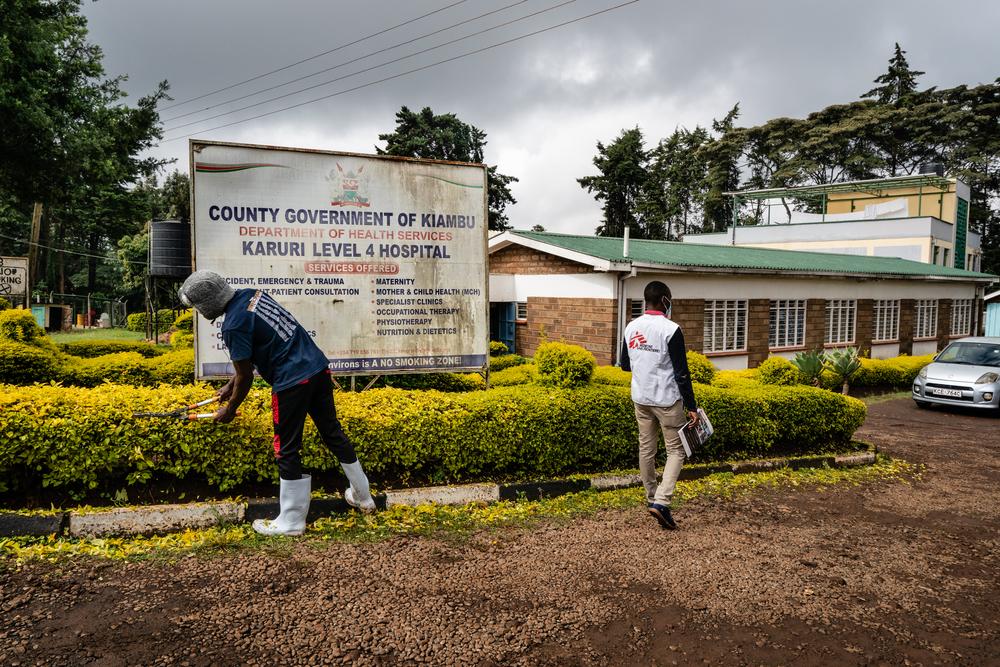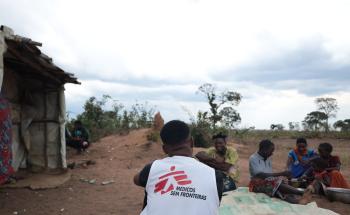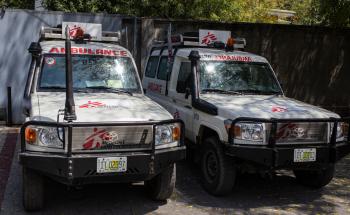Introduction
This report reflects on Doctors Without Borders (MSF)’s journey in implementing a comprehensive package of care, including medically assisted therapy (MAT) services for people who use drugs (PWUD) in Kiambu County, Kenya. Working in partnership with the Kiambu County Ministry of Health (MoH), the National AIDS and STI Control Programme (NASCOP), LVCT Health, and Kenya Prison Services, MSF documented the experiences, best practices, and lessons learned.
Opioid dependence has a significant impact on global public health, with 296 million drug users worldwide, 69 million of whom use opioids. Injectable drug use, which contributes to about 10% of new HIV infections and 39.4% of HCV cases, is a major driver of morbidity and mortality, with over 70% of drug-related deaths in 2019 attributed to opioid overdoses. The World Health Organization (WHO) advocates for comprehensive care to reduce the harm associated with drug use, including combating HIV, HCV, and HBV transmission, and opioid overdoses.
Drug use, particularly opioid use, has been a significant concern in Kenya since the 1990s, with a study of 336 heroin users in Nairobi showing that 44.9% had a history of injecting, and among injectors, 52.5% were HIV positive. In 2013, there were an estimated 18,327 people who inject drugs (PWID), and by 2021, 26,673 individuals were reported to use opiates. Despite harm reduction programmes, including needle and syringe programmes (NSPs) and MAT clinics, PWID continue to face logistical barriers to healthcare access, stigma and legal constraints.
The objective of the Kiambu PWUD Project, therefore, was to reduce morbidity/mortality associated with illicit opioid drug use. Morbidity rates were high due to delayed treatment access in case of drug overdose, mob justice, and HIV, TB, HCV and other co-morbid conditions. The Kiambu Project aimed to increase PWUD's access to adequate health services, ensure a holistic approach for PWUD, and increase different models of care and innovative treatment for opioid substitution therapy (OST) and client support.
The Kiambu PWUD Project is therefore a story of adaptations, innovation, and dedication to improving healthcare access for PWUD. The insights gained from this project will serve as a valuable resource for stakeholders, policymakers, and healthcare providers looking to replicate or improve similar programmes.



